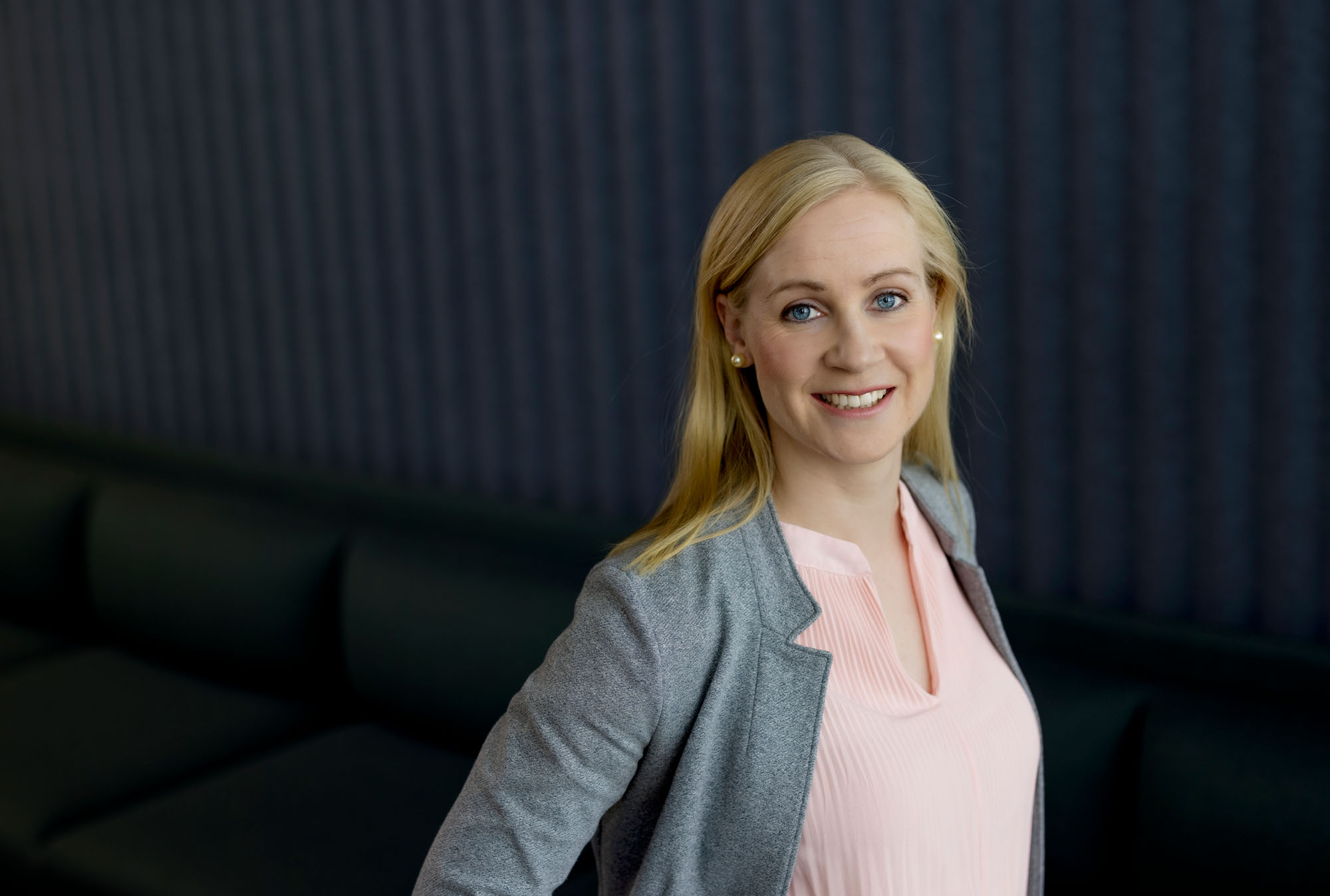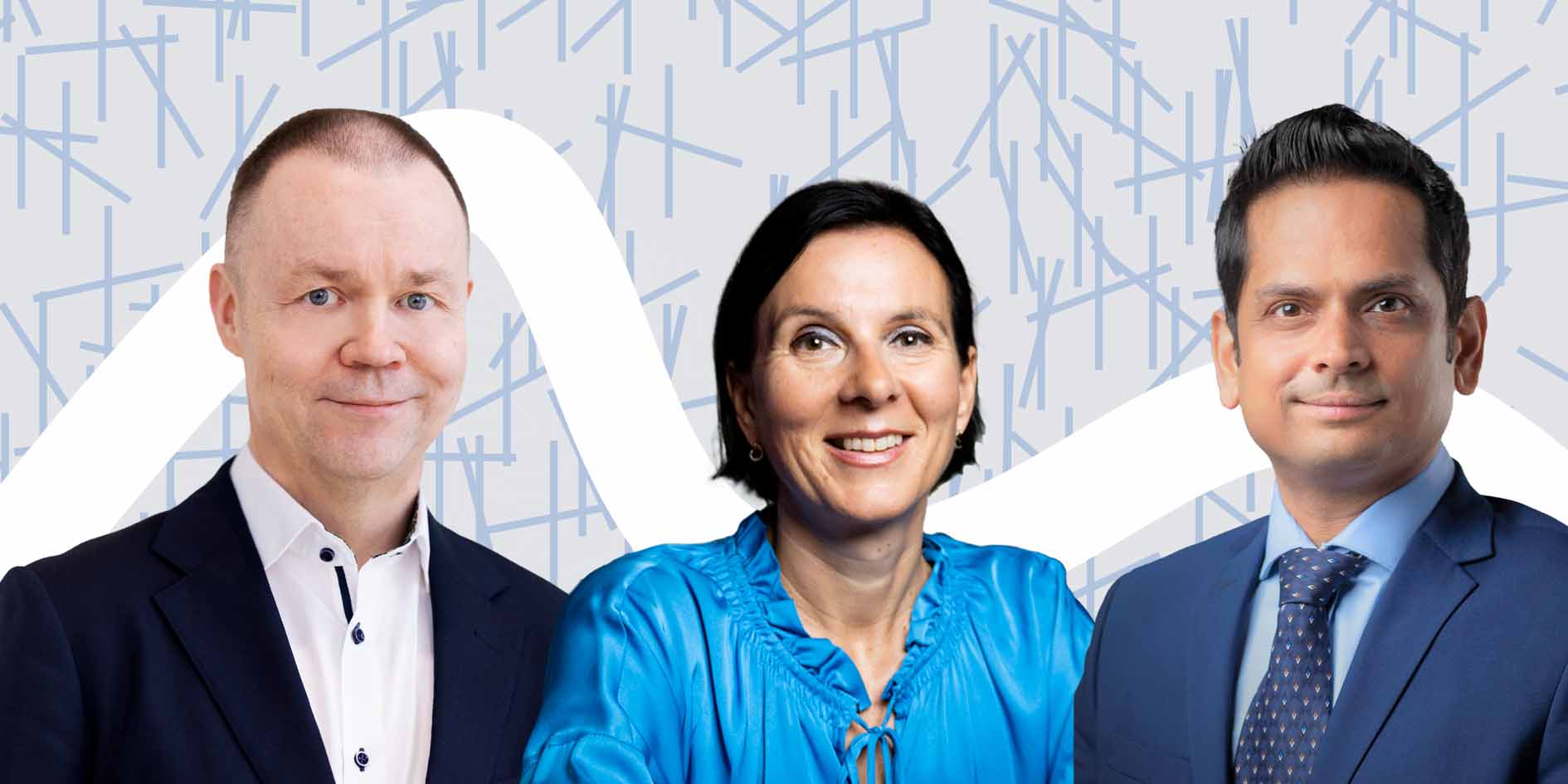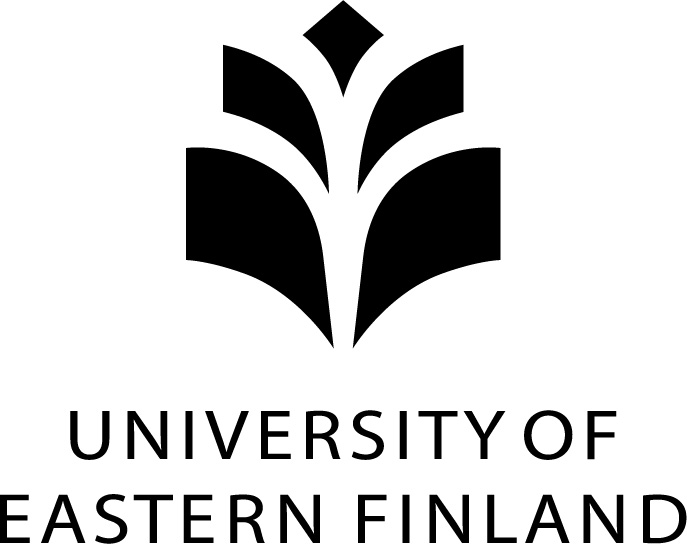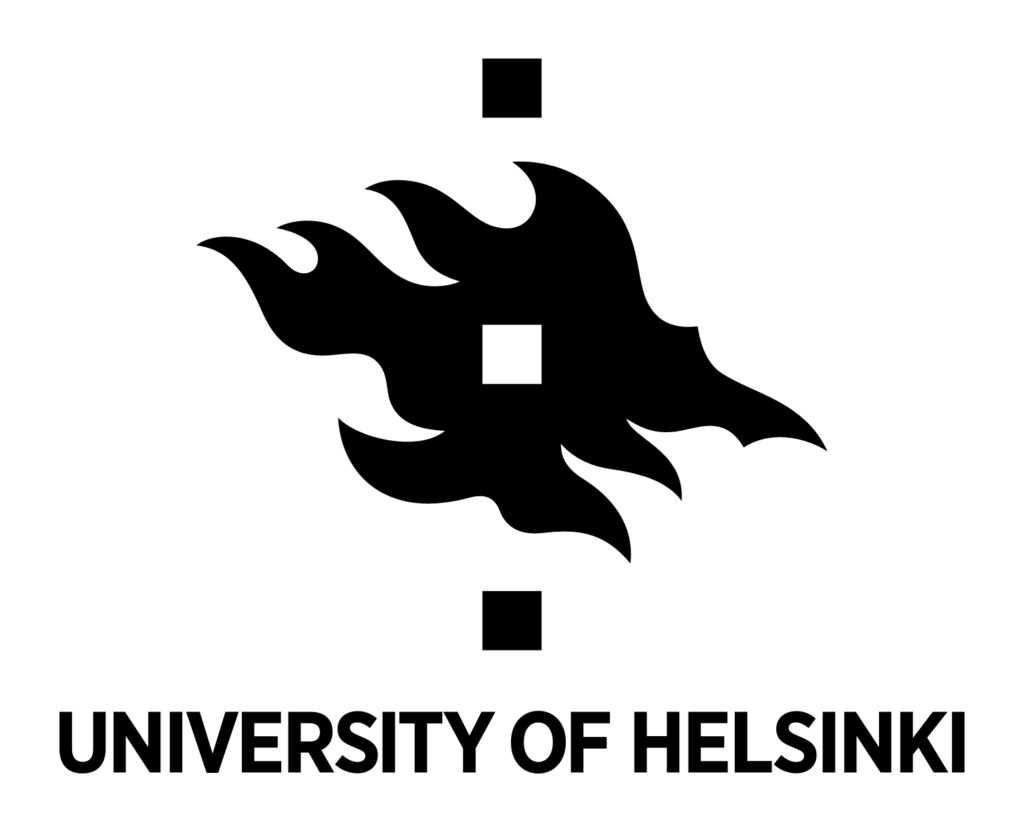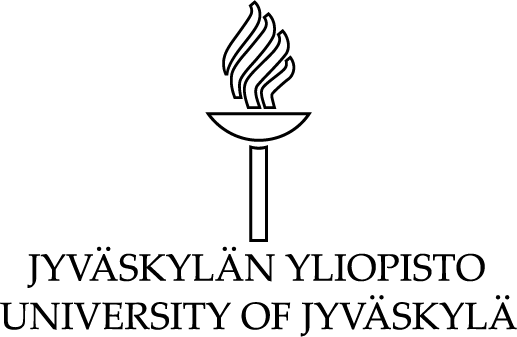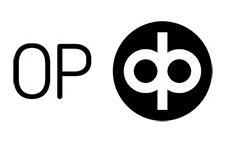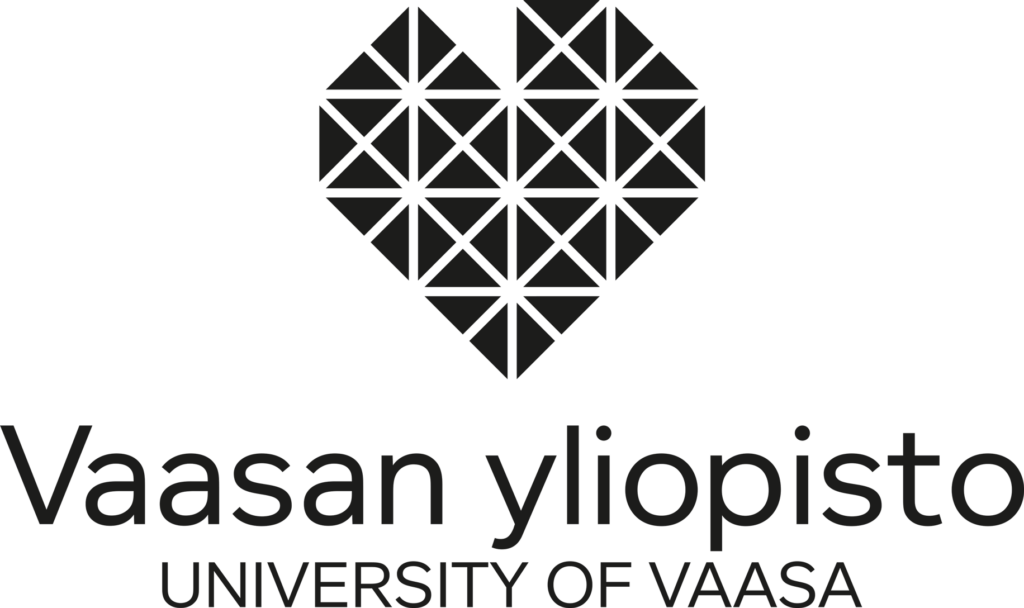Blog: Sustainable lifestyles bring more satisfaction to life by Arto Salonen

Arto Salonen, Professor at University of Eastern Finland
Sustainable well-being is often seen as being based on scaling down and giving up. However, it doesn’t have to be that way. Sustainable lifestyles enhance people’s satisfaction in life, especially in high-income countries where most citizens have the opportunity to satisfy their basic needs.
The climate crisis we are now witnessing is the first climate change that is mainly man-made. Equally man-made is also the current, sixth wave of mass extinction. Besides climate change and loss of species, rapid depletion of natural resources is a sign of humankind’s unsustainable pursuit of well-being.
The Earth is a closed system that must cope and manage with its own, limited resources. Due to the limited nature of our planet, not all forms of pursuing well-being are possible in the long run.
Luckily, the sustainability transition has already begun. More than 130 countries in the world are committed to becoming carbon-neutral, and new countries are constantly joining in. The global change we are experiencing is comprehensive and affects everyone, everywhere. It changes everything.
The transition to sustainable lifestyles and societies will change what and how we produce, consume, sell, design and build. New solutions will challenge the way we move around and eat. Our idea of well-being will be challenged as well.
Sustainability is about transparency
The current global economy is characterised by the fact that the impacts of everyday consumer behaviour are reflected on people’s lives across the world. A considerable share of the fields on which our food is grown are located abroad, and industrialised societies tend to outsource a significant proportion of their carbon dioxide emissions as well.
Too often, consumer choices tie the average citizen to things that are against their values, and this leads to an ethical burden. I don’t believe anyone wants to see more of forced labour or production methods that ignore or disregard the environment. Yet, consumers are unwillingly blind to the complex subcontracting chains of the global economy.
As a result of this blindness, the market economy becomes paralysed. The choices made by rational consumers no longer provide optimal guidance to the markets so that “bad” products would be removed from the shelves, and only “good” ones would remain.
Thanks to the global networking opportunities brought about by the Internet, transparency has grown, and irresponsible companies will see their reputations increasingly damaged. Also, more and more people have access to digital solutions that allow them to form food circles that deal in products from local farmers, for example.
Local economies are more transparent than their global counterpart, and therefore more trustworthy. When the producer and the consumer know each other, it is possible to avoid ethical dilemmas caused by physical distance. The trust is based on, for example, knowing the exact field our food was grown on.
Policy measures have a role to play in the sustainability transition. By influencing citizens’ local conditions, it is possible to bring about rapid societal change by making the desired new behaviours natural, easy and affordable. In practice, societies can do this by, for example, allocating tax concessions to things that are hoped to become more prevalent.
Also, different technologies will be instrumental in this positive transition towards a rich, happy and rewarding life.
A sustainable world is a world of satisfied people
Technology has unprecedented potential to help humanity solve the problems that are related to the climate crisis, biodiversity loss, and depletion of natural resources. Energy-efficient and waste-free societies are a precondition for a sustainable future. The sustainability transition will provide jobs and livelihoods in sunrise industries that are blazing the trail.
Sunrise industries are based on shared benefits that are driven by people’s innate selfishness, combined with unselfish behaviour. In the sustainability transition, people will pay more attention to, for example:
- Walking, cycling and using public transport more, and being more determined about it.
- Eating more plant-based, locally produced food that maintains the vitality of the soil – and being more determined about it.
- Buying durable products that can be updated and have a long warranty.
- Making use of services, co-ownership, leasing and lending.
- Separating wants from real needs on a daily basis.
We can improve our well-being and reduce emissions while we’re at it: moving by muscle allows us to reap the benefits while also contributing to the greater good. The fact that fewer and fewer people feel the need to own their vehicles of transportation is a sign of positive development, and this makes moving around increasingly care-free. Bike-share programmes available in many places show how moving by muscle can quickly become mainstream. This change is driven by new digital solutions for bike-sharing.
In plant-based food, too, selfish aspirations are met by unselfish ones. Personal health benefits go hand in hand with global food security. Eating a plant-based diet will bring more healthy years to life. In addition, eating plants without feeding them to animals raised for meat first is a considerably more efficient way to feed people. New plant protein-based food innovations are experiencing an unprecedented boom.
The debate on the transition to sustainable lifestyles and societies has been dominated by the idea of having to let go. However, research suggests that people who have already started to change their lifestyles in a more sustainable direction are more satisfied with themselves than those who keep on doing what they’ve always done, despite the existing opportunities for change. This increase in life satisfaction is an undeniable sign of progress.
Sustainable well-being means that consuming and owning things will become less important. In return, people will be more satisfied with their life. It’s not about giving up. It’s about finding a better way to live.
Professor Arto O. Salonen at the University of Eastern Finland explores and investigates themes related to sustainable well-being. He is also a member of the Finnish Expert Panel for Sustainable Development, which highlights the perspectives of research in the transition towards more sustainable societies. University of Eastern Finland is a partner of the Millennium Technology Prize.
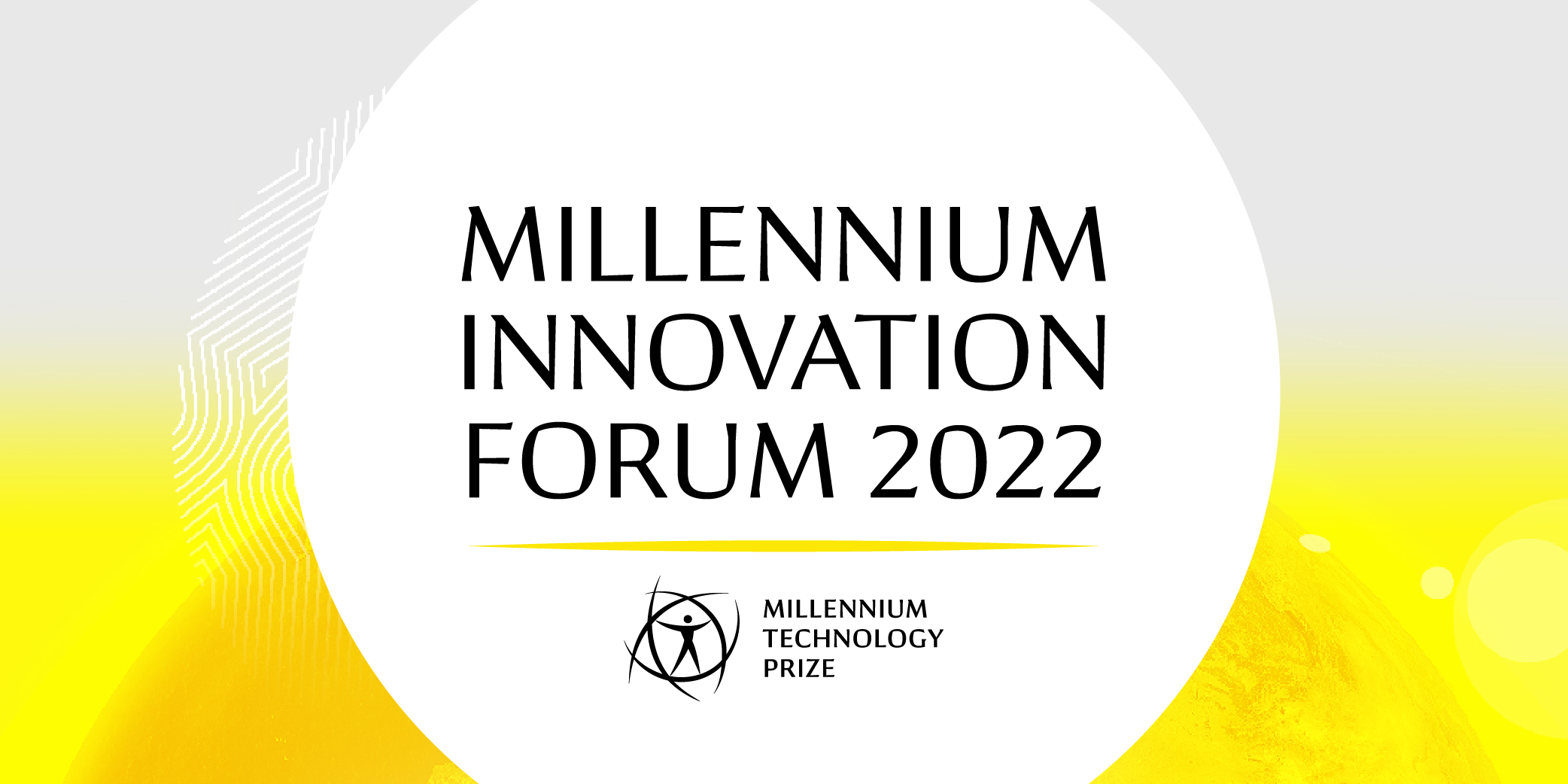
Prestigious Millennium Innovation Forum announces impressive line-up of world-renowed speakers.
October event in Helsinki to bring together leading investigative journalist Christo Grozev, Google’s first female engineer and former CEO of Yahoo, Marissa Mayer, and many others to discuss how technology can help us overcome the world’s biggest challenges.

